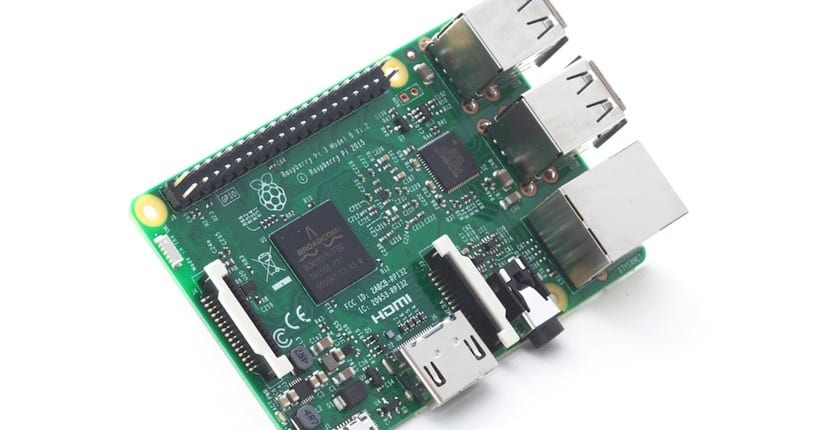
The world of Raspberry Pi has advanced enormously, so much so that a novice user does not know what to do when he has a board, there are so many projects that can be done that one gets lost in the face of possibilities, the same happens with the operating system of this board. : there are so many operating systems that you get lost in them.
With this article we do not want to talk about all of them but rather, show you the most famous possibilities on Raspberry Pi so that the transition from a desktop computer or laptop to Raspberry Pi does not involve a great disruption. First we must know that there are two types of operating systems: official operating systems and unofficial operating systems. The first ones can be found on the official Raspberry Pi website. Called Raspbian and Noobs. These operating systems are based on Gnu / Linux and the Debian distribution. They are versions adapted to the platform and to a specific user, the one who seeks to learn with Raspberry Pi.
Snappy Ubuntu Core It would be the next official distribution even though it is not on the Rsapberry Pi website yet. This distribution is focused on the IoT world, so it is not as useful as Raspbian if we want to use Raspberry Pi as a mini computer. Leaving aside these three distributions, there is a second type of operating system that is as good as the previous ones but they are not official. The list is large and all are worth but we only put the famous operating systems.
- pill. This operating system is based on Fedora and although it is not official it is totally stable and functional. It brings the good of Fedora and Redhat Linux to Raspberry Pi. You can get it in this link.
- Arch Linux. The popular Rolling release also has a version for Raspberry Pi. It is an official project, quite stable and widely used.
- Ubuntu MATE. Canonical's latest official flavor has released a version of Ubuntu MATE for Raspberry Pi 2 and Pi 3. It has also created an installer that allows you to bring any official Ubuntu flavor to your raspberry computer. The difference with respect to Ubuntu Core is that Ubuntu MATE tries to bring the Desktop experience and not that of IoT.
- Android. The famous mobile operating system also has a version for Raspberry Pi. We recently talked to you not only about how to get it but also how to install it on our Raspberry Pi board.
- Tizen. Samsung's operating system also has a version for Raspberry Pi. Although both this version and the operating system is a great unknown to the general public.
- Chromium OS. Google's operating system, the most famous cloud operating system recently that came to Raspberry Pi 3. It is an ideal operating system for a machine like Raspberry Pi, but it is not yet well developed for daily use.
- OpenSUSE. The famous Chameleon distribution also has a version for the RAspberry Pi, a version that fits within the flavors o official versions of OpenSUSE, a guarantee to use Raspberry Pi as a mini computer.
Operating systems for other functions
In addition to these operating systems, Raspberry Pi has other operating systems that transform the board into gadgets or new components. In this aspect it stands out Windows IoT that turns Raspberry Pi into a server for the Internet of Things and OpenElec or LibreElec that port Kodi to Raspberry Pi, in such a way that the raspberry computer becomes a multimedia player or mediacenter.
Conclusions
These are the most famous and useful operating systems that we will find for Raspberry Pi, This does not mean that there are no others, there are more. But the use of some of these operating systems will not make changing from a desktop or laptop to a Raspberry Pi less traumatic and we can also share it via the server or connect both devices. And you With what operating system do you stay?
Hello
What are the limitations of Windows IoT, can I use it as a Windows 10 emulator for example?
Thank you